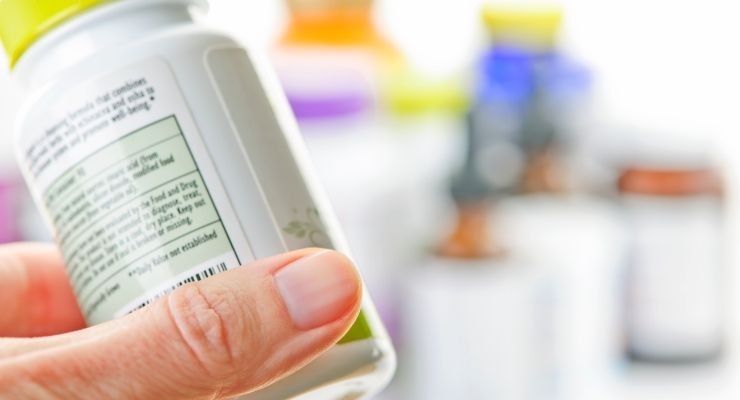Market Updates
AHPA: Expect Initial Cost of Mandatory Product Listing to Reach Nearly $20 Million
An early estimate reached by the trade association covers only the cost of product data entry for initial compliance.

By: Mike Montemarano

The American Herbal Products Association (AHPA) estimated that the dietary supplement industry would need to spend nearly $20 million for initial compliance with the Dietary Supplement Listing Act in order to prepare product listings. This early estimate, the trade association said, would only cover the initial costs of product data entry, and does not take into account the rolling costs of continued compliance. AHPA plans to continue gathering data from members of the industry in order to get a longer-term projection of the costs of compliance with this legislation.
“We are conducting this study because the fundamental question of cost has been missing from the mandatory product listing conversation to date,” said Robert Marriott, director of regulatory affairs at AHPA, said. “This information is essential for all stakeholders to weigh the supposed benefits of MPL against its costs to industry.”
This projection, however, cannot account for certain unknown costs, including MPL user fees, which are not mentioned in any MPL legislation. “Our preliminary findings are based solely on the cost of manual data entry to enter initial compliance,” Marriott told Nutraceuticals World. “As we collect further information, we may be able to develop estimates of other initial compliance expenses, or the costs of subsequent year-over-year compliance. Neither of the bills currently under consideration include MPL user fees.”
Marriott said that there are some approaches to mitigating data entry costs, however, such as FDA accepting product listings in the form of labels. “In the event that MPL is signed into law, the single most effective action FDA can take to simplify compliance and reduce costs for all involved is to accept product listings in the form of labels. Almost all information required in current legislation appears on the product label, and can be extracted from label images with existing technology,” Marriott said.
“Whatever its intentions,” he continued,” a new layer of unnecessary regulation could restrict and reduce access to lawful, safe dietary supplements, as it’s not possible to speculate on any unintended consequences that may arise through FDA’s interpretation and implementation of the new law.”


